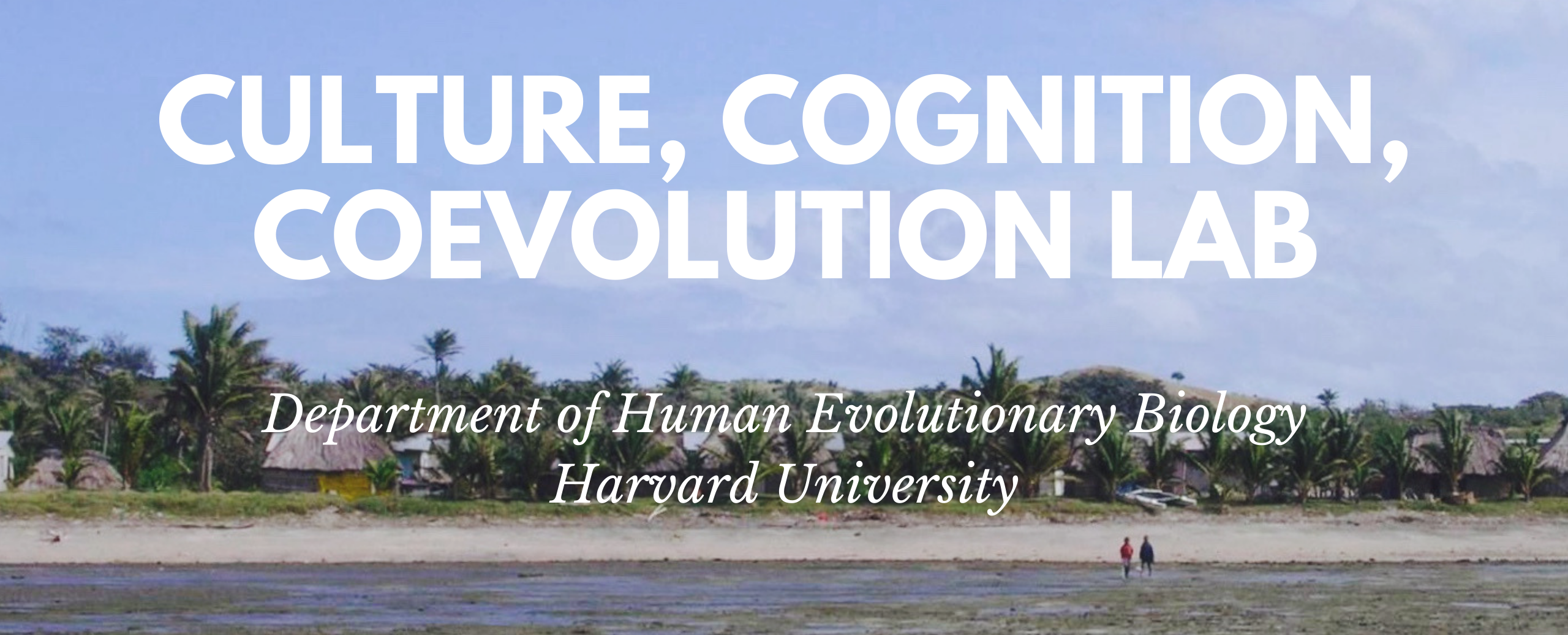Citation:
| 939 KB |
Abstract:
What are the psychological effects of the coronavirus pandemic? Greenfield’s Theory of Social Change, Cultural Evolution, and Human Development predicts that when survival concerns augment, and one’s social world nar- rows toward the family household. life shifts towards activities, values, relationships, and parenting expectations typical of small-scale rural subsistence environments with low life expectancy. Specific predictions were that, during the pandemic, respondents would report intensified survival concerns (e.g., thinking about one’s own mortality); increased subsistence activities (e.g., growing food); augmented subsistence values (e.g., conserving resources); more interdependent family relationships (e.g., members helping each other obtain food); and par- ents expecting children to contribute more to family maintenance (e.g., by cooking for the family). All hypotheses were confirmed with a large-scale survey in California (N = 1,137) administered after about a month of stay-at- home orders during the coronavirus pandemic; results replicated in Rhode Island (N = 955). We posited that an experience of increased survival concerns and number of days spent observing stay-at-home orders would predict these shifts. A structural equation model confirmed this hypothesis.
